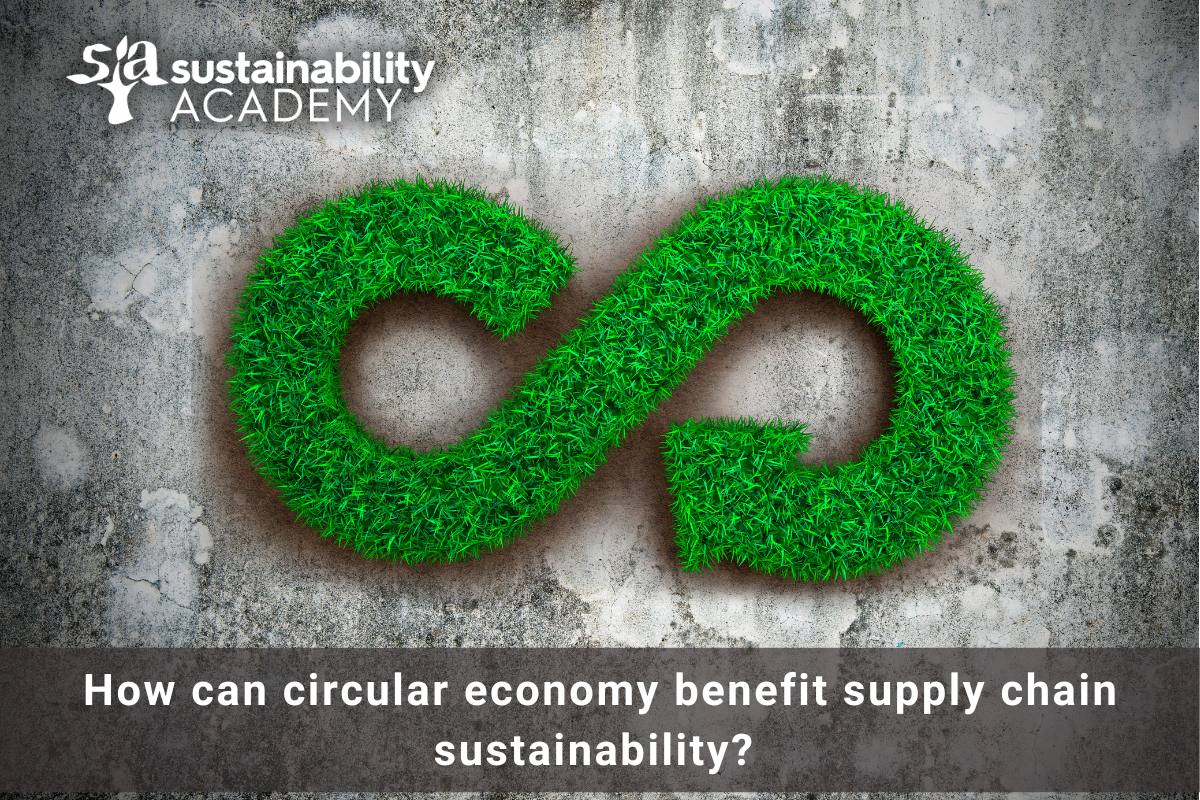Supply chain sustainability is becoming increasingly important for companies, investing more and more money into initiatives to reduce waste and carbon emissions. It is also presumed that there will be an increased emphasis on the circular economy by the end of 2022.
A circular supply chain is important for many reasons, but mainly because it saves businesses long term costs, prevents waste from going to landfill, helps manage ESG risk and leads end-to-end network value to business growth opportunities. As stated by the World Economic Forum, the circular supply chain could unlock $4.5 trillion of economic growth by 2030. For this reason, the United Nations (UN) has already outlined Sustainable Development Goals (SDGs) for global supply chains.
As more companies are trying to readjust their supply chain, Microsoft Corporation and Schneider Electric are two examples excelling in their sustainability practices, being the winners of The Gartner Power of the Profession™ Supply Chain Awards, an annual community-driven recognition program that inspires supply chain transformation around the globe. Microsoft’s mission is to become carbon-negative, zero-waste and water-positive by 2030, driven by circularity. One the other hand, Schneider Electric has deployed a “self-healing” supply chain platform, saving more than 100 million euros.
Here is how your company can capture more value from a circular supply chain:
Lower costs mean greatest profit – Reusing and refurbishing recycled materials results in lower input costs, creating new profit streams.
Circular economy supports supply chain resilience – Using materials already in the supply chain saves your company from inflation and supply shortages.
Regulation and certification standards can be easily met – Companies are facing increasing pressure to make supply networks more sustainable and more transparent.
Drives customer engagement – Circular supply chains are always more appealing to environmentally-conscious consumers. 85% of people indicate that they have shifted their purchase behavior towards sustainability in the past five years.
The circular supply chain is a new way of conducting business, empowering the collaboration of organizations and companies. With the expectations of stakeholders transforming the supply chain sustainability the last 10 years, a lot of companies are struggling to meet the increasing demands, making it even harder to gain a competitive advantage.
Take a deeper dive into the way the circular supply chain can benefit your business and enroll to the Online Certificate on Circular Economy. A 20% discount is available until August 31. Use the discount code “summer20”, while registering online.

